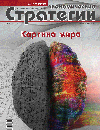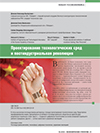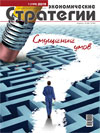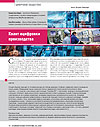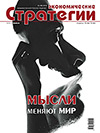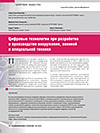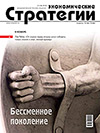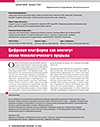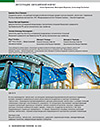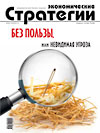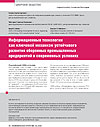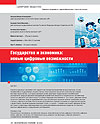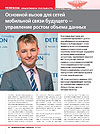Keywords: ,
,
,
,
,
,
,
,
Today, society is moving from generating income through digital platforms to digitizing the means of production at all levels. Transformation of the former monopoly enterprises into more competitive and flexible structures is the means and goal of the digitalization process. Politicians of 2017 provide the legal and institutional basis for the Russian entrepreneurs’ global leadership in the field of digital solutions. Successful implementation focuses on three main areas: expanding national economic opportunities, drawing regions together with the help of digital infrastructure and identifying trends in the global digital order. Trade, of course, is associated with the network, which is one of the synonyms used to describe the virtual sphere in certain languages. Trade and market are organically non-hierarchical and open classical structures. Synchronization of the digital space is carried out in bilateral and multilateral forums. The main issue is balancing digital sovereignty and security of national users with integration into the global economy. Eliminating the block structure in economy and simplifying networks is part of the digital revolution. A new form of development is the geo-economic model of a cluster network.
Продолжить чтение


